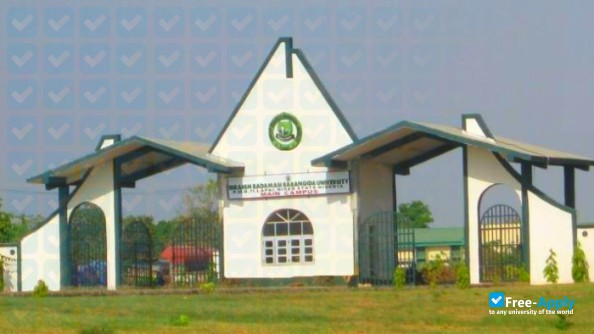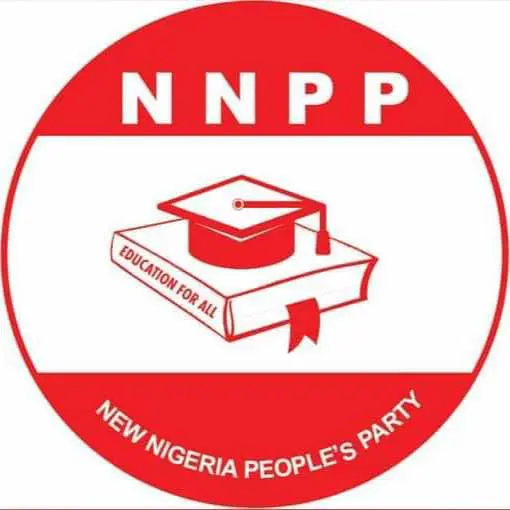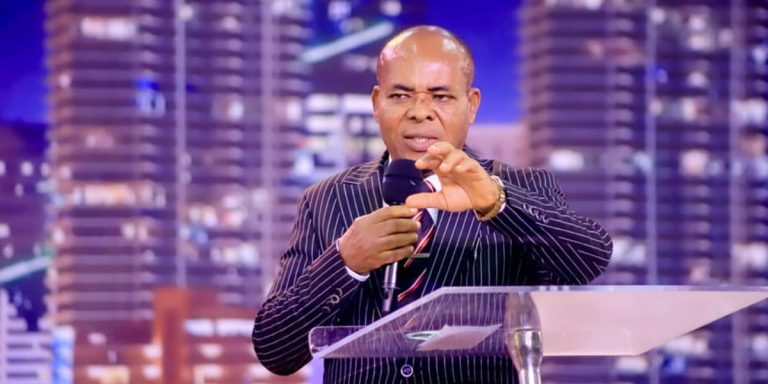The political landscape of Rivers State has recently been marred by a series of tumultuous events, leading to a heated exchange between the People’s Democratic Party (PDP) and former Governor of Jigawa State, Sule Lamido. The rift underscores the growing turmoil within the Nigerian political sphere, raising concerns over its implications for the nation’s democratic fabric.
In response to the unfolding situation, the National Working Committee of the PDP issued a staunch assertion, affirming its unwavering commitment to the party and its efforts to navigate the challenges confronting Rivers State. The committee emphasized its unity and resilience in the face of adversity, particularly following the defection of 27 members from the ruling PDP to the All Progressives Congress (APC).
Amid the political volatility, a pivotal peace agreement was brokered by President Bola Tinubu, with Governor Siminalayi Fubara and former Governor Nyesom Wike as signatories—a development that fueled criticism from Sule Lamido. The former governor condemned the perceived inaction of the PDP’s leadership in addressing the crisis, questioning the party’s efficacy and allowing external influences to dictate its trajectory.
Notably, Debo Ologunagba, the National Publicity Secretary of the PDP, retaliated, denouncing Lamido’s remarks and asserting the committee’s resilience under the stewardship of Acting National Chairman, Umar Damagum. Ologunagba condemned the disparaging conduct of certain party members, attributing the party’s tribulations to their disruptive actions and disloyalty.
Furthermore, Ologunagba urged party stakeholders to refrain from undermining the cohesive efforts of the PDP, emphasizing the imperative of unity in thwarting the purported machinations of the APC to destabilize the party and impose a one-party system on the nation. He cautioned against actions that contravene the PDP’s constitution and threatened disciplinary measures against dissenting members.
The acrimonious clash between the PDP and Sule Lamido epitomizes the deep-seated divisions and frictions within Nigerian politics, foregrounding the broader implications for the country’s democratic consolidation. As the nation grapples with internal upheavals, the confrontations in Rivers State serve as a microcosm of the broader power struggles and ideological contestations that pervade the Nigerian political landscape.
Through the lens of this confrontation, a critical question emerges: How will the PDP reconcile its internal strife while contending with the overbearing influence of rival political forces, and what does this portend for the future of democratic governance in Nigeria?



